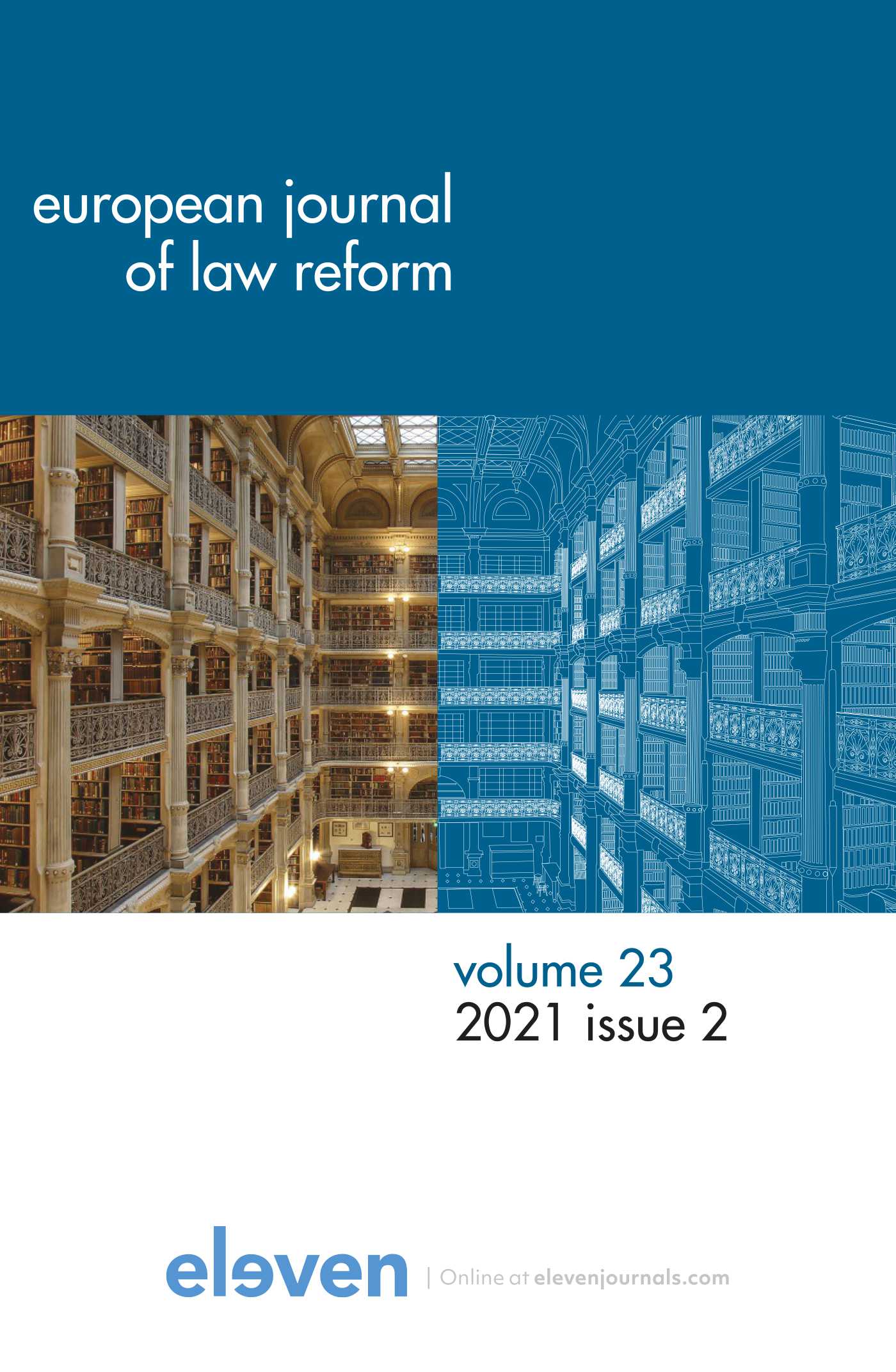|
In 2008, the European Union was hit by the most severe financial downturn since the Great Recession of the 1930s. One of the major consequences of this phenomenon was the deterioration in the enjoyment of human rights, in particular economic and social rights. While it is indisputable that the crisis itself was directly correlated to the erosion of such rights, the conditions attached to the loan agreements between defaulting countries and the three lending institutions, namely the International Monetary Fund (IMF), the European Central Bank and the European Commission, have negatively affected the rights under consideration. Loans came with strict austerity measures, such as public expenditure cuts in the realm of, inter alia, public services, benefits and social security. This article considers the deterioration in the enjoyment of economic and social rights by Union inhabitants and particularly the anti-crisis strategy adopted by the European Union, which, as will be demonstrated, directly contributed to this deterioration. The stance of the three institutions was facilitated by the less than proactive, but improving, positioning of the Court of Justice of the European Union in case law, which will be assessed. It must be noted that it is not the three institutions acting alone in this process; the Member States are the ones who agree to the loans and their conditions and implement austerity measures on the ground. However, as will be reflected, the practical role and actual input of the countries themselves in this procedure is limited. The central theoretical tenet of the article is that the European Union is re-shifting its direction to the almost absolute adoption of an economic constitution, with little regard to its social counterpart. Within the aforementioned framework, this article seeks to assess the status of economic and social rights in a crisis-hit Union, provide a theoretical explanation for this occurrence and put forth possibilities for positive change, placing the protection and promotion of economic and social rights at the heart of any responses to crisis as a method to ensure their sustainable protection effectively. |


European Journal of Law Reform
About this journalSubscribe to the email alerts for this journal here to receive notifications when a new issue is at your disposal.
| Article |
|
| Keywords | social and economic rights, austerity measures, Euro crisis, defaulting countries |
| Authors | Dr. Natalie Alkiviadou |
| AbstractAuthor's information |
| Article |
|
| Keywords | Maltese Law, legislative drafting, statutory interpretation, law making, supreme law |
| Authors | Kevin Aquilina |
| AbstractAuthor's information |
|
Although the Constitution of Malta is the supreme law of the land, yet, in practice, the three principal organs of the state – the legislature, executive and judiciary – have, in certain respects exemplified in this article, tended to close their eyes to the provisions of the supreme law of the land to such an extent that legislation, government action and judicial pronouncements have breached the basic law. Without attempting to be all-inclusive, the article discusses a few illustrations where this has been the case and reflects upon this institutional behaviour where the Constitution is not upheld as the supreme law of Malta but is instead derided and disparaged. Consequently, fundamental principles of state governance such as the tenets of a democratic society and the rule of law end up being threatened and imperilled by those same institutions which are called upon to respect them. Nevertheless, the Constitution proclaims itself supreme over any other law and the organs it establishes, including the three principal organs of the state which are assaulting it, and embodies within its fold the rule of law which at the current state of play is passing through a critical phase in the state of Malta. |
| Article |
|
| Keywords | plain language, clarity, precision, accessibility, interpretation |
| Authors | Kally K.L. Lam LLB |
| AbstractAuthor's information |
|
The hypothesis of this article is that plain language drafting with innovative drafting techniques can improve the quality of legislation. Further to this, the article tries to prove that quality legislation can also make the law more accessible to its general audience. With regard to quality, the article assesses plain language drafting with innovative drafting techniques using Helen Xanthaki’s criteria of quality in legislation, i.e. that it should be clear, precise and unambiguous. With regard to accessibility, it is defined broadly as to include readability. I will first assess whether plain language drafting with innovative drafting techniques can meet the expectations of its general audience and second discuss whether legislation drafted in plain language with innovative techniques passes the usability tests. |
| Article |
|
| Keywords | regulatory inspections, regulatory enforcement, environmental regulations, smart regulation |
| Authors | Dr. Florentin Blanc and Prof. Michael Faure |
| AbstractAuthor's information |
|
There is an increasing attention both on how inspections and enforcement efforts with respect to regulatory breaches can be made as effective as possible. Regulatory breaches refer to violations of norms that have been prescribed in public regulation, such as, for example, environmental regulation, food safety regulation or regulation aiming at occupational health and safety. The enforcement of this regulation is qualified as regulatory enforcement. It has been claimed that inspections should not be random, but based on risk and target-specific violators and violations. Such a “smart” enforcement policy would be able to increase the effectiveness of enforcement policy. Policy makers are enthusiastic about this new strategy, but less is known about the theoretical foundations, nor about the empirical evidence. This article presents the theoretical foundations for smart enforcement as well as some empirics. Moreover, the conditions under which smart enforcement could work are identified, but also a few potential limits are presented. |

 Issue 4
Issue 4